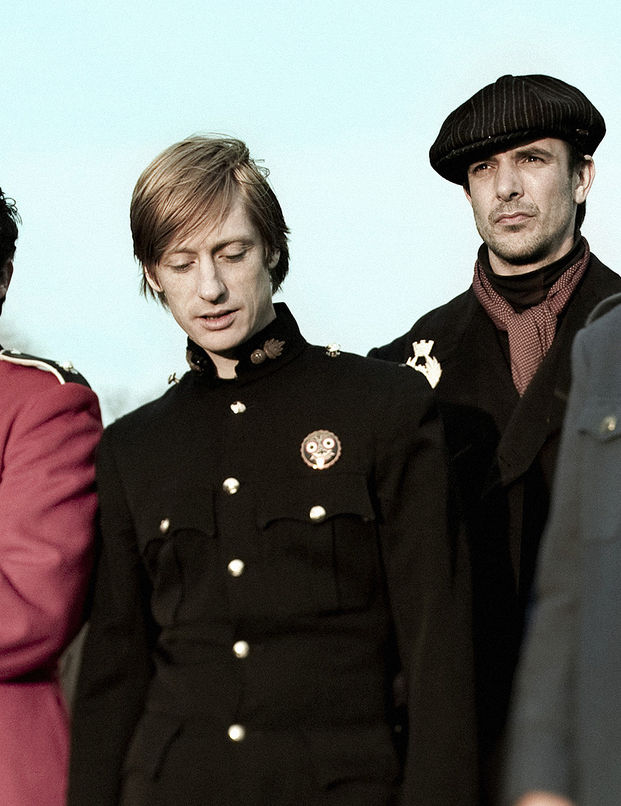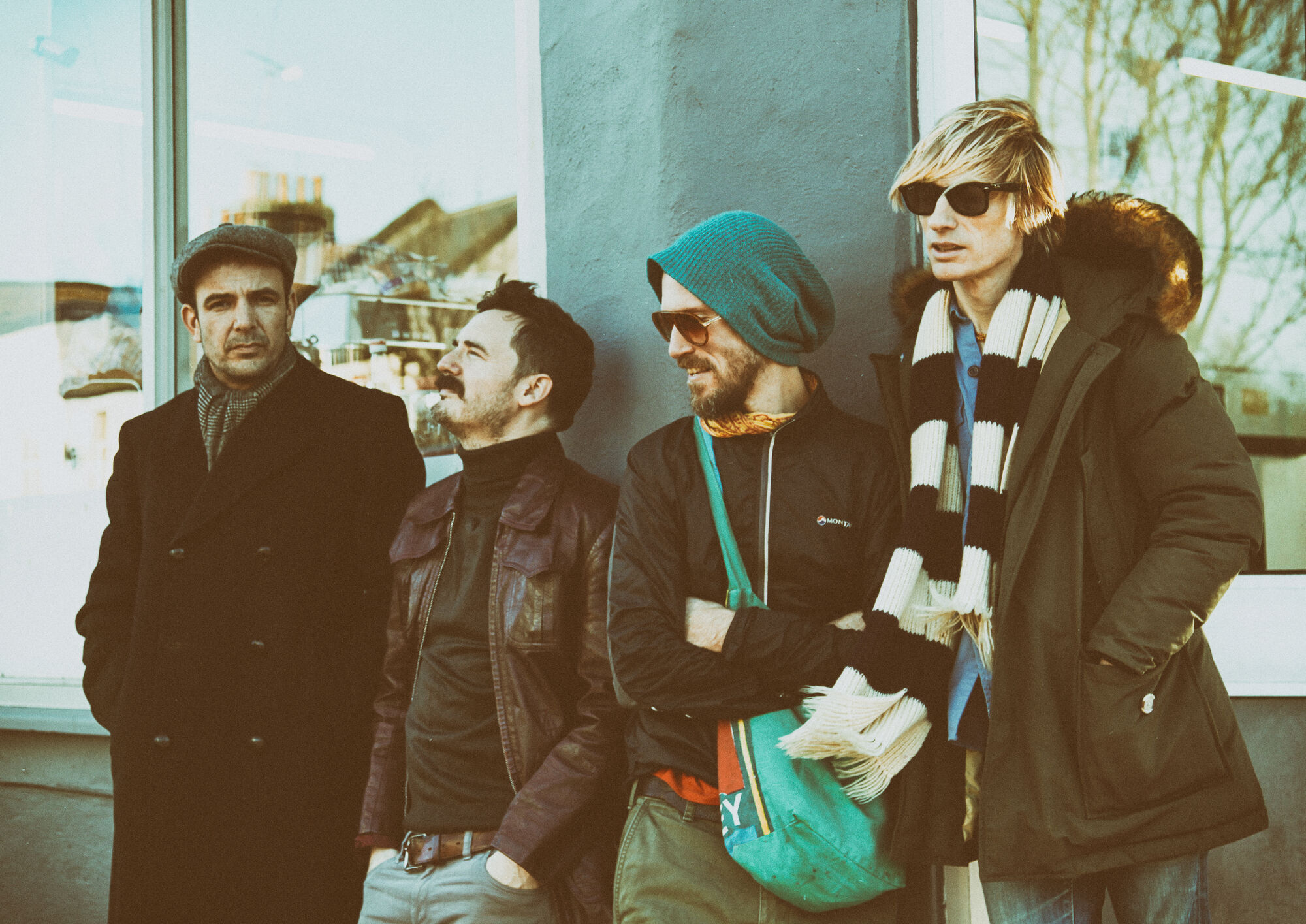In 1996, somewhere between Britpop and Post-Britpop, Kula Shaker took the world by storm with their debut album, K. A rock, pop, psychedelic epic, which shot to the top spot on the UK Albums Chart, with a handful of hit singles to boot. This was a time when guitar bands actually topped the charts, whereas today, it’s a rarity to see them enter them. Kula Shaker enjoyed mainstream success until they parted company shortly after album two, Peasants, Pigs & Astronauts, in 1999; but after a seven-year hiatus, they reformed in 2006, and started making music again: albums three and four, Strangefolk (2007), and Pilgrims Progress (2013).
Skip to present day, and they’ve released another record, K2.0, which, as the title suggests, is a kind of follow-up (albeit a late one) to their debut, K. It’s been recorded in a similar way to K, and has been received very well in many musical circles; and the band has been touring it since its release. But there’s more. Being 20 years after K, Crispian and co. have decided to commemorate that fact by playing the album in its entirety while out on the road. This sounds exciting. And quite a challenge. Tell us more...
“An anniversary is the only acceptable time to be nostalgic, because where you are in the present is created by the past, and where you are in the present is also your next step into the future, so it’s a nice past, present, future coming together in a single moment,” Mills opens, with a smile. I think I follow... “K was a seminal album for the band, our first record; and that’s the seed for the last 20 years of our work. There is a tradition now of people playing albums – Primal Scream did it with Screamadelica, Carole King is doing Tapestry; I am only thinking as a punter, and I’m up for it, basically.”
It’s a strange thing, Mills admits. When the band started rehearsals for the show, and worked out how they were going to play and present K to the masses, it felt a bit like going into a time warp.
“We’re opening up a time hole, and the past is coming into the future rather than us stepping into the past; I think it’s all about your mentality, and how you approach it,” Mills continues.
We chat about how we like to listen to albums like a body of work, though I admit I do download bits and pieces rather than whole records today, which is a bit of a shame. But Kula Shaker are going to force their fans to listen to the whole thing, which is great, in my book.
“Yeah, we’ll chain them into their seats,” Mills laughs. “But no, it is great to do that, and remember why you planned that album in such a way. We were influenced by all the great concept albums, so we were very idealistic and ambitious with our first album. It’s somewhere between Pepper and Revolver, so that’s where the aspiration is, I guess. But K wasn’t a song, song, song album; when the curtain comes up, you step into this other world. And that was always our goal.”

